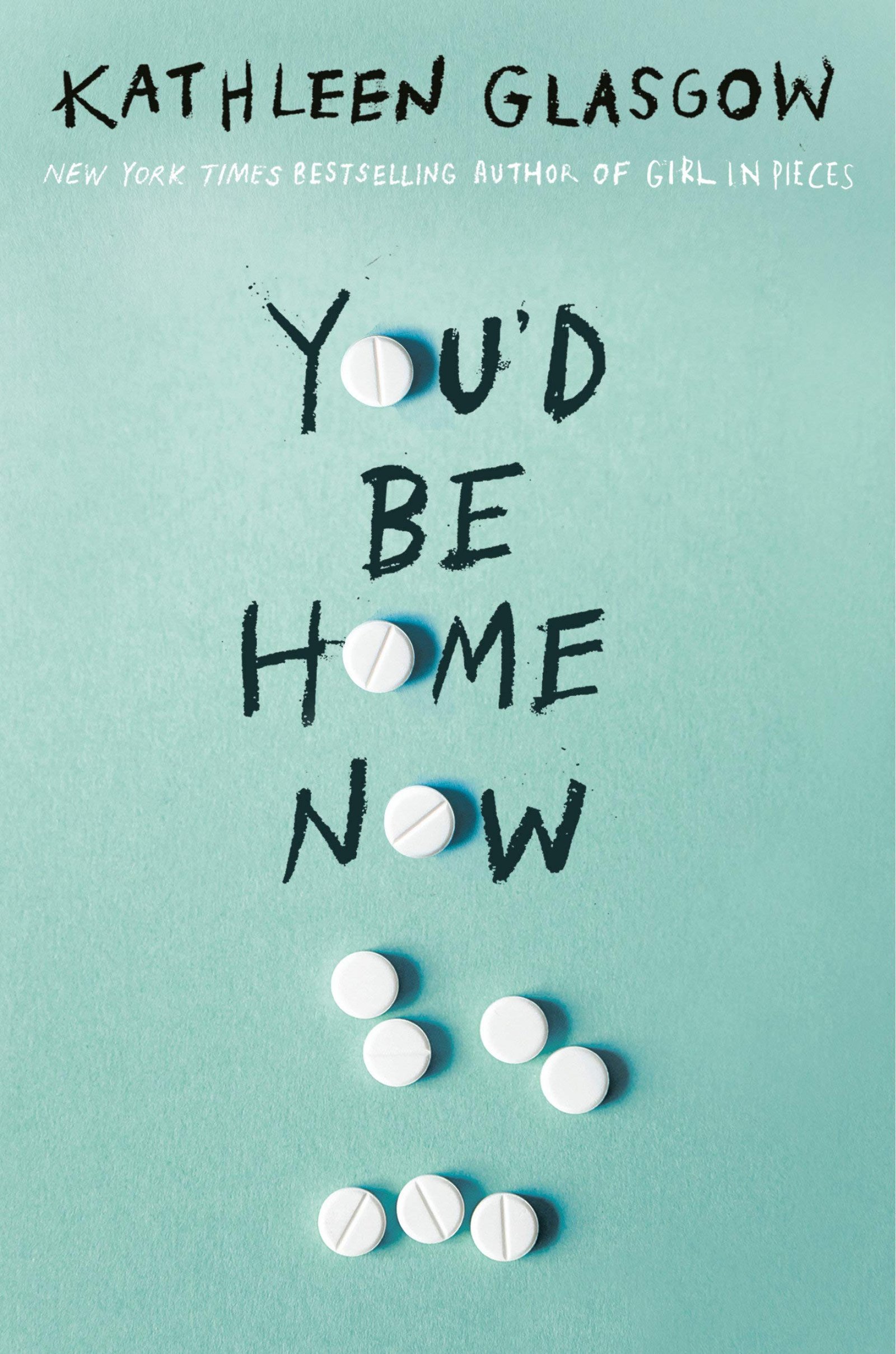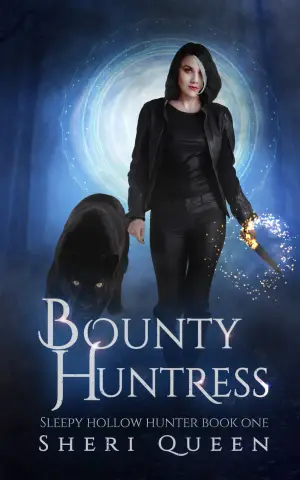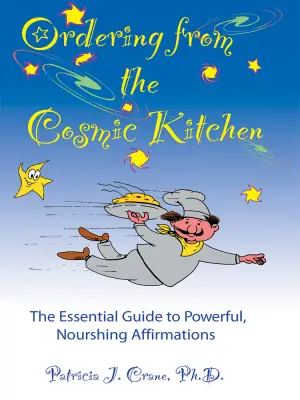A Heartfelt Yet Frustrating Journey: A Review of You’d Be Home Now
I picked up You’d Be Home Now by Katy Glasgow with high hopes, drawn in by its promise of exploring tragedy in a small town and the ever-relevant issue of the opioid crisis. As someone who dives into novels looking for emotional depth and character-driven stories, I felt this could be a poignant read. However, what unfolded was an experience fraught with frustration and, ultimately, disappointment.
At its core, the story revolves around Emory, a teenager grappling with the fallout of her brother Joey’s addiction and the haunting presence of their absent parents. The backdrop of their crumbling family dynamics sets the stage for an exploration of themes like grief, guilt, and the struggle to find one’s identity amidst turmoil. Yet, while I appreciated the intention behind these themes, I couldn’t shake the feeling that the execution often fell flat.
Glasgow’s narrative style is undeniably atmospheric, painting a moody picture that conveys Emory’s isolation and internal struggles. However, this introspection sometimes veered into repetition, as Emory cycled through her guilt without any substantial character development or change. I found myself yearning for action or even a modicum of suspense, but the pacing felt stagnant. It was disappointing to witness the rich backdrop of the opioid crisis serve more as a narrative device than a nuanced exploration of the issue itself.
One notable aspect was how Glasgow humanized the homeless and addicted individuals in the story, pushing against the tendency to portray them as mere statistics. Yet, it begged the question: what was the ultimate goal of Emory’s journey? The potential for her character to subvert the trope of "finding oneself after tragedy" felt generic. It left me wondering—why tell this story if it doesn’t provide a fresh lens or a powerful message for young readers?
And then there’s Liza, the character I found most perplexing. As a representation of a modern, feminist teenager, she felt more like a caricature than a relatable person. Her fierce activism was earnest, yet it also felt undercut by a lack of pragmatism. By presenting her as infallible, Glasgow missed an opportunity for meaningful dialogue about the messiness of activism and personal growth.
Despite my critiques, I must commend the genuine moments of connection between characters, particularly Emory and Joey. Their bond, while fraught with tension, is where the emotional core of the book genuinely shines. However, I found the lack of resolution to Emory’s enabling behavior disheartening. It’s an important conversation that the book didn’t fully explore, choosing instead to sweep deeper issues under the rug.
In conclusion, You’d Be Home Now may resonate with readers looking for a story steeped in emotional weight, but it may not satisfy those craving originality or character growth. For teens and young adults navigating their own complex familial relationships and societal issues, there could be valuable lessons here amidst the frustration. While I ended this read wishing for more, I also recognize that it can serve as a starting point for conversations about addiction, family, and the intricacies of finding one’s voice.
If you enjoy a story that tackles serious issues but don’t mind a slower pace, this book might still hold some appeal. For me, however, it started strong but ultimately didn’t fulfill its promise, settling for a heart-wrenching tale that felt disappointingly familiar.
Discover more about You’d Be Home Now on GoodReads >>







